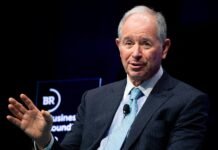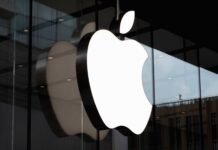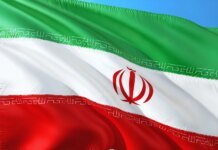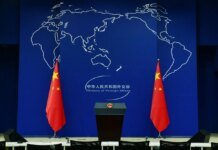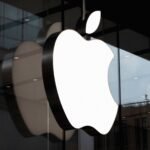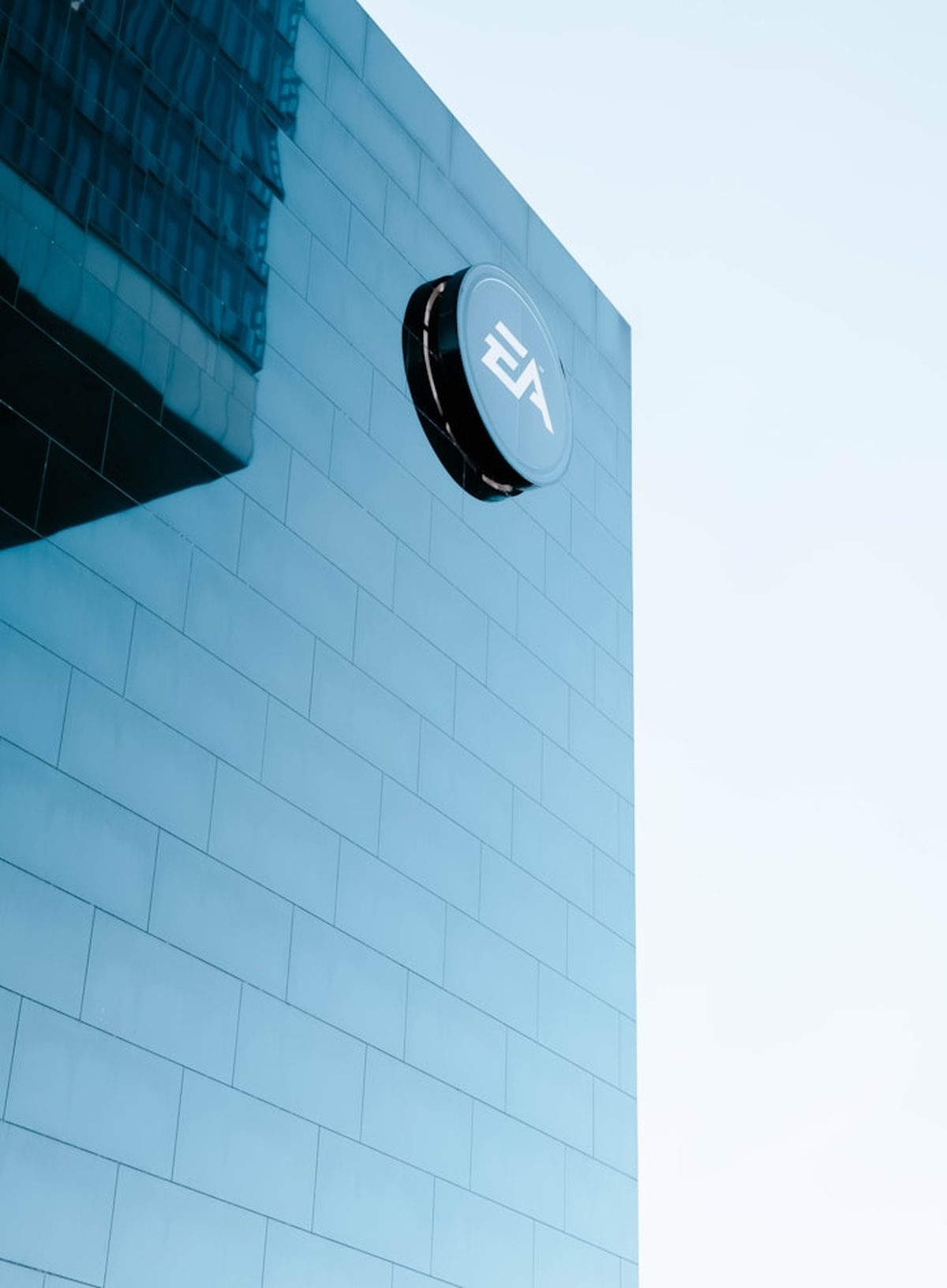
Gaming company Electronic Arts has agreed to a $55 billion deal to be sold to a consortium that includes Saudi Arabia’s Public Investment Fund (PIF), Silver Lake, and Affinity Partners. The transaction is a leveraged buy-out that will take the publisher private.
The acquisition, valued at £41 billion, represents the largest leveraged buy-out in history, a type of purchase where a considerable portion of the price is financed through borrowing. The agreement values EA at $210 per share, which is a 25 percent premium on the company’s market value at the time of the deal. Under the terms, all of EA’s public shares will be purchased, and the company will be delisted from the stock exchange, transitioning it into a privately held entity. The consortium of buyers will contribute approximately $36 billion towards the purchase price. The remainder of the financing will come from loans, which could amount to a debt load of about $20 billion for the newly private company.
This transaction is the second most valuable acquisition in the gaming industry’s history. It is surpassed only by Microsoft’s $69 billion purchase of Activision Blizzard, the publisher of the Call of Duty franchise. That deal faced significant scrutiny from global regulators, with authorities in the United Kingdom expressing concerns that it could harm competition within the market. Ultimately, the acquisition was approved after Microsoft agreed to a concession, handing over the distribution rights for Activision Blizzard’s games on consoles and personal computers via cloud streaming to Ubisoft, the maker of the Assassin’s Creed series.
Following the completion of the sale, EA’s Chief Executive Officer, Andrew Wilson, will remain in his post. In a statement regarding the acquisition, Wilson called the deal a “powerful recognition” of the work done by the firm.
He added,
“Together with our partners, we will create transformative experiences to inspire generations to come.”
Industry expert Christopher Dring, speaking to the BBC, commented on the nature of the transaction. “EA has been open to a potential buyer to help level up for a while,” Dring stated. “But an acquisition from private equity is a surprise, and there’s a lot of industry anxiety around this deal.” Dring highlighted concerns from within the industry regarding the financial implications of the leveraged buy-out, specifically the substantial debt that will be incurred.
The analyst elaborated on the potential consequences of the approximately $20 billion in debt that would need to be paid back. “The revenue generated by big games like EA Sports FC, Madden and Battlefield 6 will be needed to service this debt, which may impact EA’s ability to invest in new games,” Dring explained. He noted that the financial pressure created by the debt servicing could constrain the company’s ability to fund the development of new and innovative titles in its portfolio.
Dring also raised other industry concerns, questioning whether the acquisition might precipitate further cost-cutting measures at Electronic Arts. He suggested that such cuts could become a priority, “especially if there’s pressure from the private companies to deliver stronger cash flow, again to serve that debt.” The need to generate consistent cash flow to manage the financial obligations of the deal could lead the new ownership to implement operational changes aimed at reducing expenses.
Electronic Arts has been a prominent name in the gaming industry for more than four decades. During that time, the company has been responsible for developing and publishing some of the most successful game series in history. Its football titles, which were formerly part of the FIFA franchise and are now known as EA FC, have sold 325 million copies since the series first launched in 1993. Other major successes include The Sims franchise, with more than 200 million copies sold, and the Need for Speed racing series, which has sold over 150 million copies. The company has also served as the publisher for many other popular titles, including games based on the Harry Potter and James Bond series in previous years.
On September 2025, EA released its latest football title, EA FC 26, featuring Jude Bellingham and Jamal Musiala as its cover stars.
The purchase marks a significant expansion of Saudi Arabia’s presence and influence within the global gaming industry. The nation’s Public Investment Fund has been steadily increasing its investments in the sector in recent years. In March 2025, the PIF paid $3.5 billion to acquire the gaming division of Niantic, a move that gave it control over the popular mobile game Pokémon Go. That acquisition was subsequently integrated into Scopely Inc., the maker of Monopoly Go. Scopely itself was bought in 2023 for $4.9 billion by Savvy Games Group, a subsidiary of the PIF.
Beyond direct acquisitions, Saudi Arabia has also established a strong foothold in the esports industry. The country hosts major tournaments, including the eSports World Cup, and is set to host the planned Olympic esports Games in 2027. The PIF already holds stakes in other major gaming firms, such as Nintendo and Take-Two Interactive. The fund, which controls hundreds of billions in assets derived from the nation’s oil wealth, is overseen by Prince Mohammed bin Salman. His government has faced international criticism and has been accused of human-rights violations. A 2019 United Nations report stated that “the state of the Kingdom of Saudi Arabia is responsible” for the death of Jamal Khashoggi, a journalist who was critical of the country’s government. The government of Saudi Arabia has consistently denied this accusation.
Featured image credit










